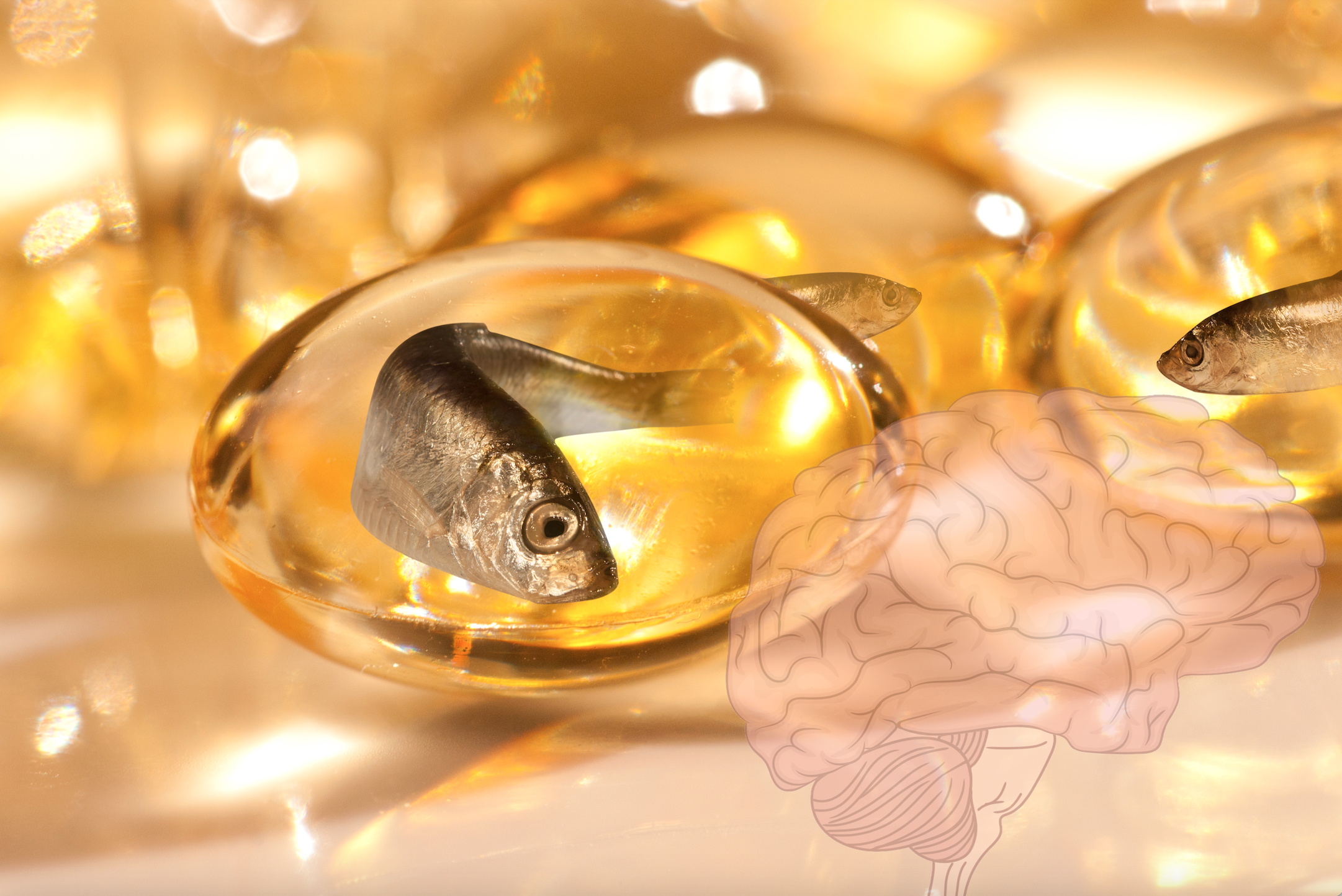International Society for Nutritional Psychiatry research practice guidelines for omega-3 fatty acids in the treatment of major depressive disorder
Current therapeutic interventions against major depressive disorder (MDD) remain lacking. ω–3 polyunsaturated fatty acids (n–3 PUFAs) were among researched nutritional components with proven antidepressant properties. In this literature review, Guu et al. (2019) present forth the findings produced by the subcommittee of the International Society for Nutritional Psychiatry Research, aimed at outlining clinical practice guidelines governing the use of n–3 PUFAs in MDD. The resultant guidelines engrossed five domains, namely: “general concepts, acute treatment strategy, depression recurrence monitoring and prevention, use in special populations, and potential safety issues.” These guidelines asserted the following, first: that professionals in clinical practice should authenticate the diagnosis, condition, and psychopathological assessment of their patients prior to considering n–3 PUFAs. Second, regarding n–3 PUFA prescription, administering pure eicosapentaenoic acid (EPA) or a EPA/docosahexaenoic acid (DHA) mixture where EPA/DHA >2:1, at a dose of 1–2 g of net EPA daily, is of substantial potency. Third, therapeutic response is liable to fluctuate depending on n–3 PUFAs quality. Finally, n–3 PUFAs are safe for use during pregnancy and in extremes of age (children, geriatrics), however, side effects (such as gastrointestinal or dermatological) should be monitored and addressed. The authors conclude that customizing treatment plans for MDD patients with low levels of n–3 PUFAs or high inflammatory biomarkers are significant topics of interest that require future research. [NPID: Omega-3 polyunsaturated fatty acids, Docosahexaenoic acid, Eicosapentaenoic acid, guideline, Major Depressive Disorder]
Year: 2019
 Navigation
Navigation






